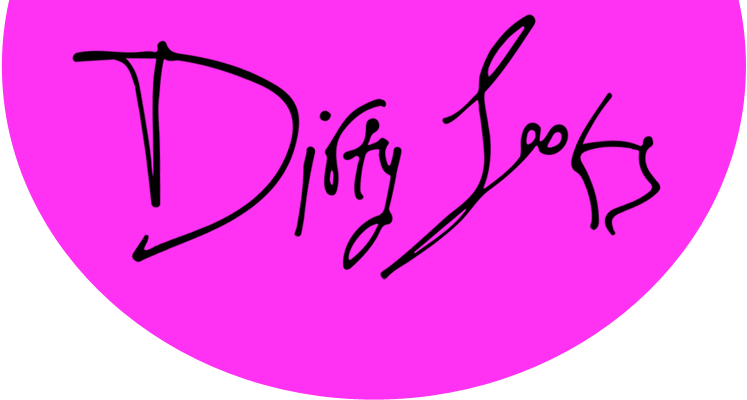535 West 22nd St. 3rd floor
New York, NY 10011
Rosa von Praunheim's City of Lost Souls
a co-venture with Translady Fanzine
Rosa von Praunheim, Stadt Der Verlorenen Seelen (City of Lost Souls), 16mm on digital video, 91min., 1983
Starring Angie Stardust & Jayne County
Featuring a complimentary publication with writings by Bruce Benderson, Jayne County, Joe E. Jeffreys, Amos Mac, Marc Siegel, and Justin Shock. Introduced by Flawless Sabrina.
Angie Stardust has a lot on her plate, running a boarding house called Pension Stardust filled with misfit lodgers: an erotic trapeze duo, a magikal group therapist, assorted layabouts, nymphomaniacs and Lila (Jayne County), a Southern blonde who dreams of Hollywood. These tenants also staff Angie’s fast food enterprise, Burger Queen. But when Lila gets knocked up by a Communist who promises to make her a superstar on East Berlin television, the real havoc ensues. Rosa Von Praunheim directs this mostly American cast in a trans musical spectacular that has been described as “Hedwig and the Angry Inch… in reverse.”
Filmmaker and gay-rights activist Rosa von Praunheim is one of the leading figures in gay and lesbian cinema and New German Cinema, although his deliberately controversial techniques, designed to challenge audiences, have sometimes caused him to be criticized by both gay and anti-gay supporters. Praunheim originally studied painting in Berlin and from there was an assistant for such gay filmmakers as Werner Schroeter and Gregory J. Markopoulous. As a director, he made many underground short films on Super8 or 16mm stock before going to work in television where he became known for such genre parodies as Die Bettwurst/The Bedroll (1970).
Praunheim made his first gay-themed film, Sisters of the Revolution, in 1969. The film was a three-part look at homosexual participation in the early women’s liberation movement taking place in New York. One of his most influential films was 1970′s made-for-TV outing, It Is Not the Homosexual Who Is Perverse, But the Society in Which He Lives, another example of his usage of negative gay stereotypes to politicize their plight and plea for more rights. Not all of Praunheim’s films focus on homosexuality; some deal with those living on the fringes of society.














